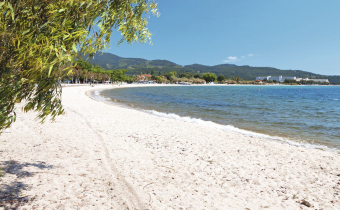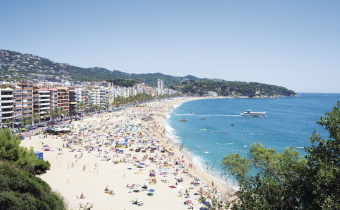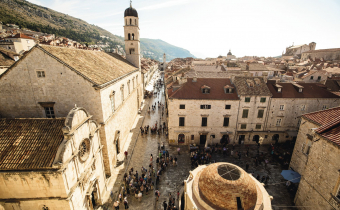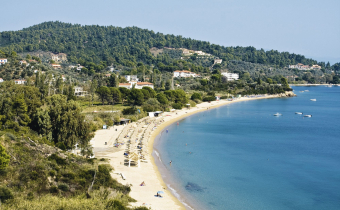
Temp
12° C
average

Rain
25 mm
per month

Sun
50 %
chance

Humidity
62 %
average
Weather in Mljet in March
March in Mljet, Croatia typically brings mild but changeable weather, making it a month where both sunny days and a bit of rain can be encountered. Travellers can expect temperate conditions that are generally suitable for outdoor adventures. Visitors may find the climate ideal for exploring the rich natural landscapes and scenic vistas that Mljet offers.
March Climate Overview
- Average Temperature: 10°C to 16°C
- Rainfall: Approximately 75mm
- Sunshine Hours: Around 6 hours per day
- Sea Temperature: 14°C
- Humidity: Moderate to high
- Wind Speed: Gentle breezes, averaging 10 km/h
What to Expect in March
Daytime Conditions
During the day, temperatures can reach up to 16°C, providing comfortable conditions for exploring. With around 6 hours of sunshine per day, there are plenty of opportunities to enjoy the outdoors. Humidity is moderate, which keeps the conditions pleasant for most activities.
Rainfall Patterns
March sees about 75mm of rainfall, which could appear as light, scattered showers. These are usually brief and less frequent, ensuring that while intermittent rain may occur, it rarely disrupts plans significantly. Travellers should be prepared for these rain spells but can still expect numerous dry periods throughout their stay.
Evening Conditions
Evenings in Mljet tend to cool down significantly, with temperatures dropping to around 10°C. Breezes are gentle, providing a refreshing atmosphere, making it comfortable for night-time strolls or relaxation after a day of activities.
Best Activities in Mljet in March
- Outdoor Activities: Visitors can take advantage of the cooler temperatures to enjoy hiking trails, explore the national park, and indulge in wildlife observation.
- Seasonal Highlights: The early signs of spring bring flowering plants and lush landscapes, perfect for nature photography and enjoying the island’s natural beauty.
What to Pack for March
- Appropriate clothing for daytime and evening temperatures, such as layers to add or remove as needed.
- Protection from sun or rain, including a hat, sunscreen, and an umbrella.
- Footwear suitable for local terrain such as walking shoes or hiking boots.
- Reusable water bottle to stay hydrated while exploring the island.




